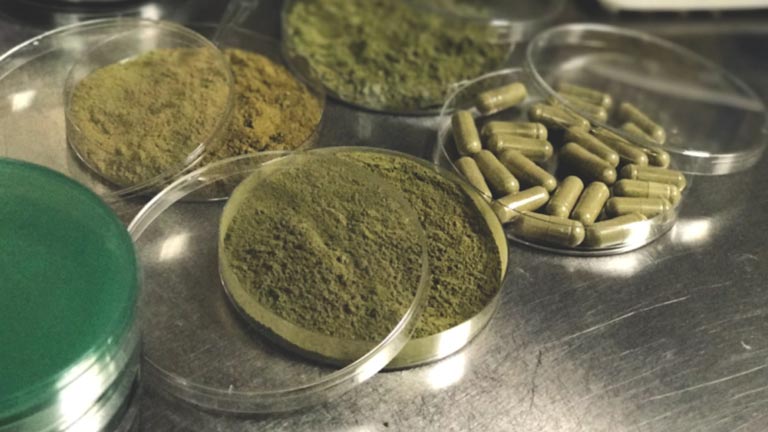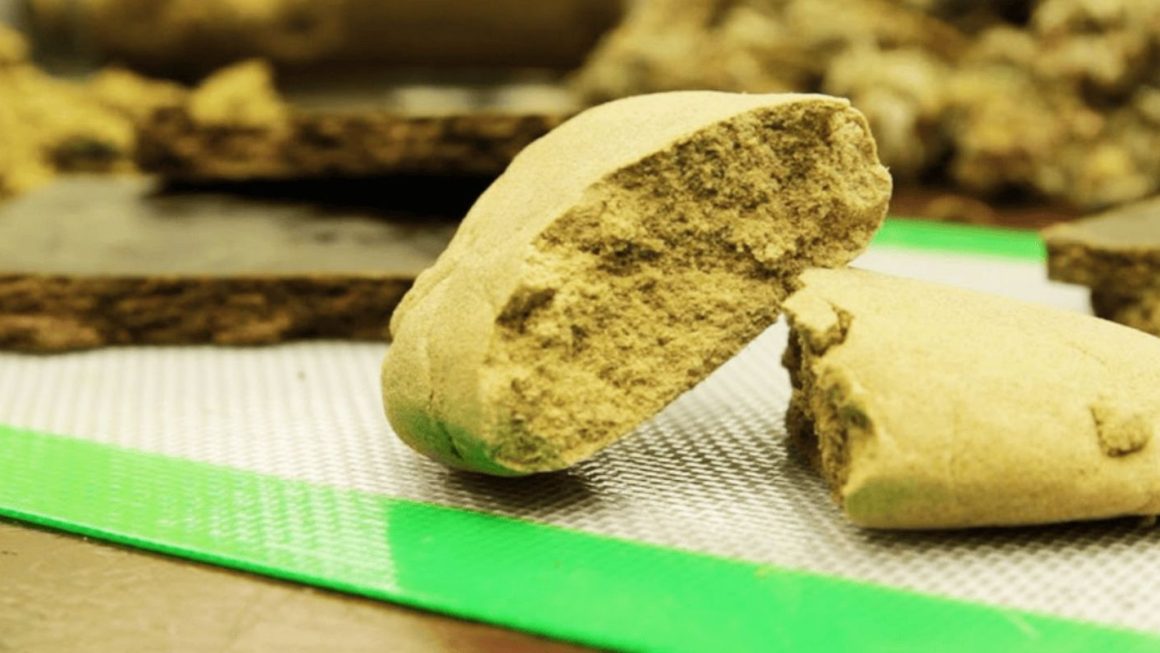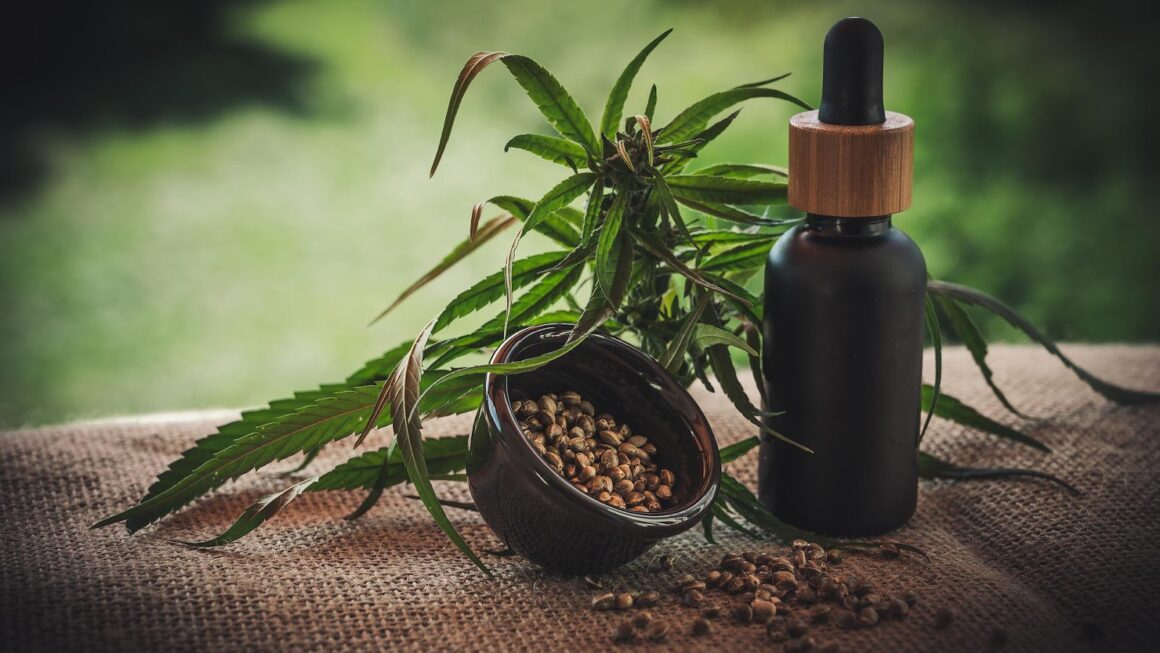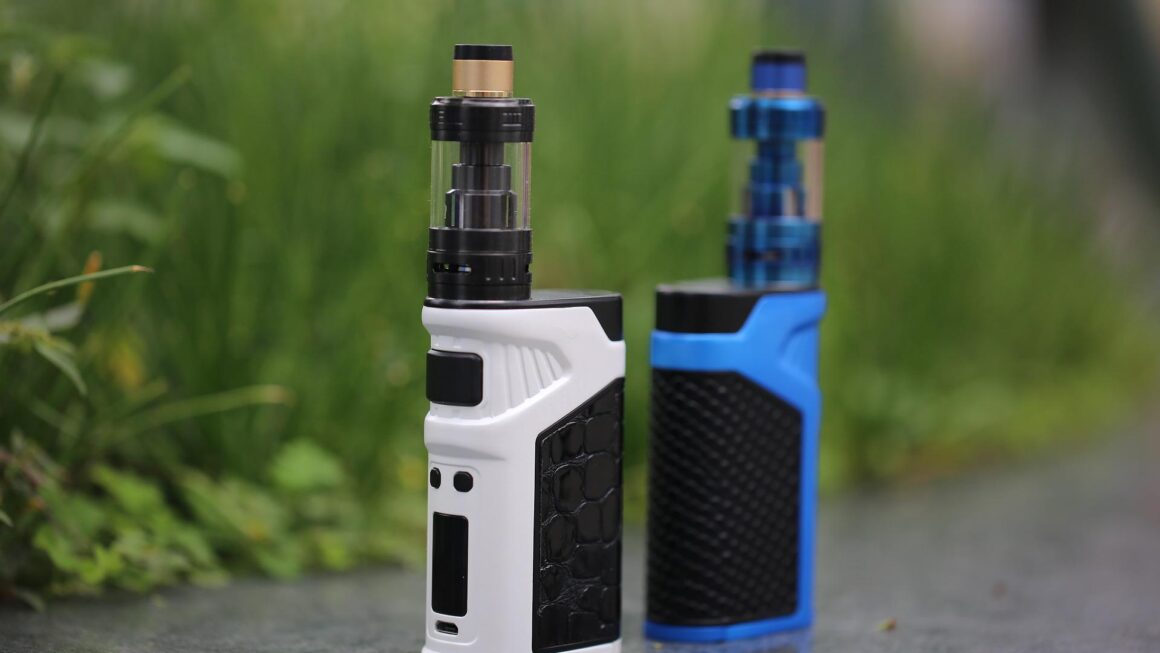Several products undergo quality testing before they hit the market. These include items like over-the-counter and prescription drugs, food and beverages, and even cars and trucks. Kratom is no different; it’s subject to quality testing before it reaches the consumer.
Kratom quality testing can be done in-house or with an external third-party laboratory to analyze products for pathogens, heavy metals, and pesticides, ensuring that labeling is clear and accurate. A reputable, reliable Kratom supplier must conduct proper testing on every product.
When you order Kratom powder from Christopher’s Organic Botanicals, they make certain it is free of any harmful chemicals or contaminants and that it is 100% Kratom leaf. In this article, we’ll explain the process for quality-testing and how it is used to ensure consumers receive the highest-quality Kratom on the market.
The Processes for Quality Testing Kratom
It’s important to understand how products are tested for quality. Some companies may use third-party laboratories, while others may complete tests in-house. In either case, it’s important to find out if they have specific protocols for testing before you purchase their products.
The more reputable the company, the higher quality of their products will be—that means fewer fillers too! When buying from a reputable supplier, basic testing has been done already.
Testing for Plant Potency and Labeling
Kratom products are tested to ensure that they are only Kratom leaf powder and nothing else. The alkaloids levels in the powder are measured in a lab report to show how powerful it is. These alkaloids can be anywhere from .5% to 5%, depending on the strain and how potent the powder is.
Testing for Microbial Contamination
Microbial contamination in kratom can occur when there’s bacteria, yeast, or mold in the product. This can also happen if leaves are stored in moist areas with little ventilation where microbes have a chance to fester. Test results should show zero microbial counts meaning no yeast, mold, or bacteria were found in your kratom product.
Testing for Pathogens
Pathogen tests are used to check for viruses, bacteria, yeast, and mold. Pathogens may be present if the plant or leaf is contaminated by feces from an infected animal, from human handling, or from contaminated water.
Pesticide residue is determined by testing for pyrethroids and carbamates which are commonly used in pesticide products that can find their way into kratom plants either through direct application or because they were nearby when spraying was done to nearby crops/trees.
What Are Some Common Quality Tests for Kratom?
There are multiple tests used when testing the quality of Kratom. Many labs use different tests, and some may test for more than we list here. They include:
Microbial tests to determine the presence of mold, yeast, or harmful bacteria. Screening tests can also be used to identify specific pathogens. Potency/Residual Solvent tests to measure what percentage of a product is composed of alkaloids from kratom.
High-Performance Liquid Chromatography (HPLC)
HPLC tests kratom alkaloid content. This sophisticated technique separates, identifies, and quantifies the different components of a substance by injection into a high-pressure chromatography column. This test is very accurate, sensitive, and can even quantify the amount of an alkaloid in a given sample.
Gas Chromatography/Mass Spectrometry (GCMS)
When it comes to identifying and quantifying organic chemicals, the Gas Chromatograph Mass Spectrometry test is the most frequently used. This technique separates compounds by injecting them into a sealed tube with a non-reactive gas inside it. The pressurized gas carries the different compounds along the tube at different speeds, depending upon how strongly they interact with a specialized coating inside the tube.
Conclusion
There are many methods used to test the quality of Kratom, with varying degrees of accuracy and specificity. These tests can be divided into three broad categories: physical testing, chemical analysis, and biological testing. Quality testing for Kratom is important for consumers and reputable vendors alike because it ensures that they are getting a clean, unadulterated kratom powder for sale.



